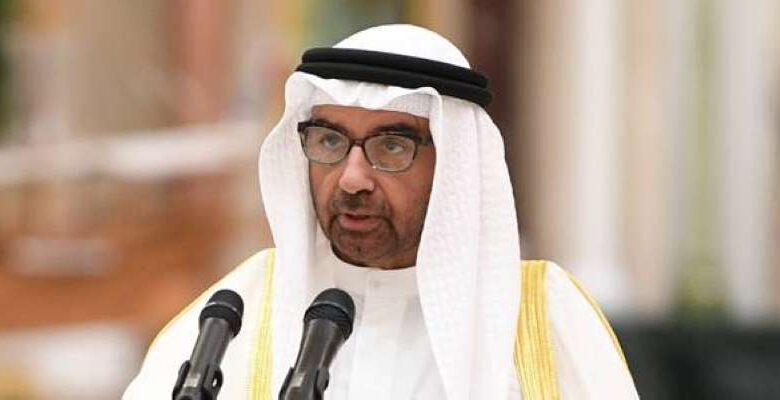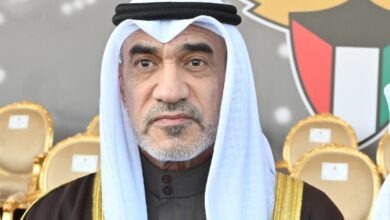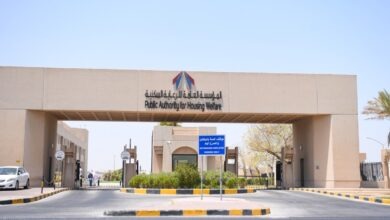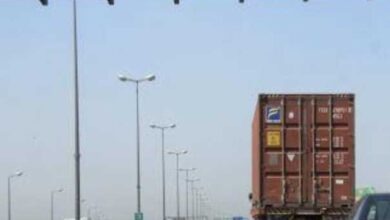Al-Barrak attributes the decrease in Kuwait’s oil production to several key factors

Dr. Saad Al-Barrak, the Deputy Prime Minister, Minister of Oil, Minister of State for Economic Affairs and Investment, and Chairman of the Board of Directors of the Petroleum Corporation, attributed the decrease in Kuwait’s oil production to several key factors. He emphasized Kuwait’s commitment to its production quota as per agreements with the Organization of the Petroleum Exporting Countries (OPEC).
Responding to a parliamentary inquiry from MP Dr. Abdulaziz Al-Saqabi, Al-Barrak outlined the primary reasons behind the decline. He identified one major factor as the delay in crucial production projects, attributed to lengthy documentary cycles, complexities, and overlapping responsibilities between the Kuwait Oil Company and entities handling tenders. This included the technical committee of the Central Agency for Public Tenders, which, according to Al-Barrak, did not prioritize exploration and production projects critical for state revenues.
Al-Barrak explained that the lack of a mechanism to expedite project approvals or consider the unique nature of sector projects, particularly their technical aspects, contributed to the equal treatment of oil sector projects alongside other state initiatives by the CAPT.” He highlighted the adverse effects of this approach on oil production volumes and the state’s financial revenues.
The second major reason, according to Al-Barrak, was the delay in approving tenders from the agency, impacting essential contracts related to flow pipe projects. This delay, spanning three years in some instances, resulted in a production delay equivalent to over 200,000 barrels of crude oil and 100 million cubic feet of associated gas per day. Al-Barrak estimated the losses for Kuwait Oil in 2022 due to these delays to exceed 2 billion dinars.
He also pointed out the negative impact of delays in water treatment, injection projects, and production unit projects on the health and efficiency of Kuwaiti oil and gas fields. Al-Barrak warned that continued delays by the Central Agency for Public Tenders in approving strategic projects for Burgan Field could lead to a reduction in production capacity, negatively affecting financial revenues and the sustainability of production.
The third reason, as per Al-Barrak, was the poor performance of some contractors in implementing vital projects, negatively affecting production capacity. He highlighted the prioritization of the lowest bidder over the most efficient one in the tendering process, leading to the reluctance of many international companies to participate in Kuwait Oil Company tenders.
Additionally, he mentioned the lack of expertise within Kuwait Oil to implement and operate certain projects, such as those involving the enhancement of production through chemical injection and carbon dioxide gas. Al-Barrak also highlighted the need for compensation for Kuwait Oil due to the sudden halt of production by the Kuwait Gulf Oil Company in the divided zone from 2014 to 2020.
Finally, he identified the effects of the COVID-19 pandemic as the seventh reason, leading to disruptions in business and global closures that impacted the supply chain for materials essential to maintaining production.
As the National Assembly approved a law exempting the Kuwait Advanced Manufacturing Industries Holding Company from the Central Agency for Public Tenders, Al-Barrak’s statements raised questions about whether the Petroleum Corporation and its companies enjoy similar exemptions from routine agency procedures.












